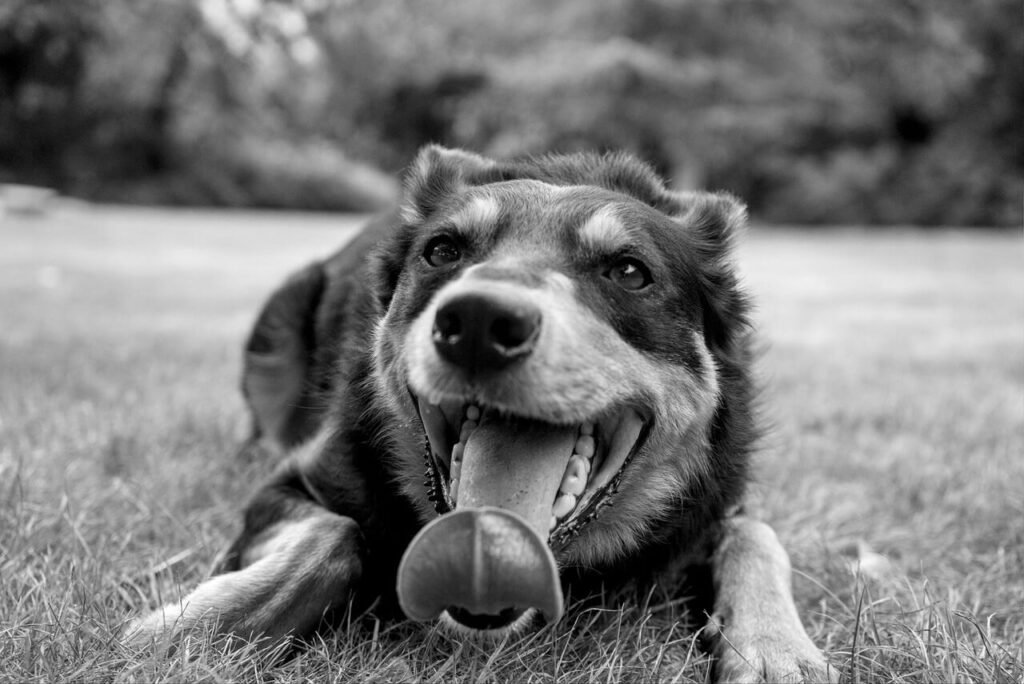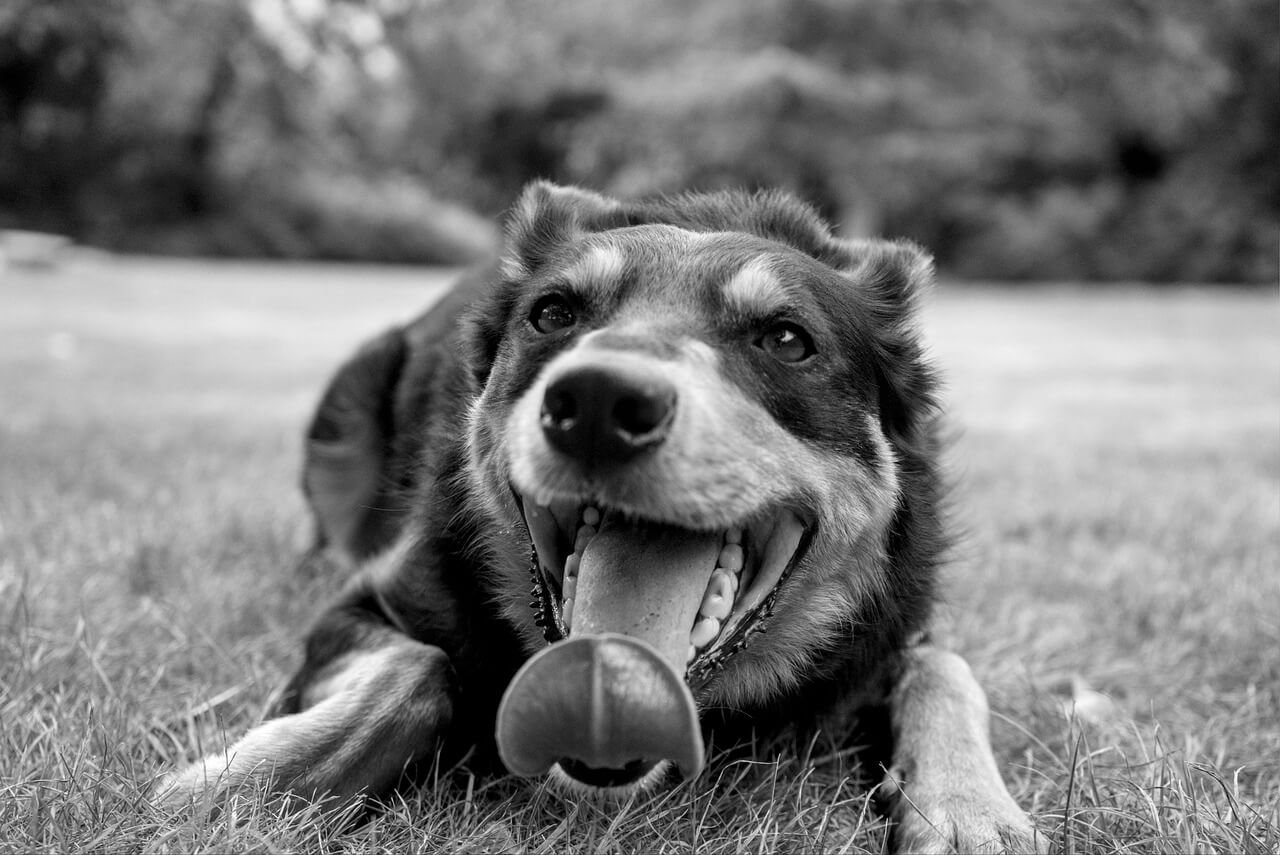What to Do If Your Dog Ate Grass with Weed Killer: A Guide for Pet Owners
It’s not uncommon for dogs to nibble on grass during their outdoor adventures, but what happens if that grass has been treated with weed killer? While some weed killers are marketed as “pet-safe,” others can pose serious health risks if ingested. If your dog has eaten grass sprayed with weed killer, it’s natural to feel concerned about their safety. In this blog post, we’ll explore the potential dangers of weed killer ingestion, how to assess the situation, and steps you can take to ensure your dog’s well-being. By the end, you’ll have the knowledge and tools to handle this situation confidently and keep your furry friend safe.
Understanding the Risks of Weed Killer Ingestion
When a dog eats grass treated with weed killer, the severity of the situation depends on several factors, including the type of product used and the amount ingested. Here’s an overview of the potential risks associated with weed killer ingestion:
Chemical Toxicity: Many weed killers contain harmful chemicals like glyphosate, which can cause vomiting, diarrhea, or more severe symptoms in high doses.
Irritation to the Mouth and Digestive Tract: The chemicals may irritate your dog’s mouth, throat, or stomach, leading to discomfort or drooling.
Organ Damage: Prolonged exposure or large ingestions can harm vital organs, such as the liver or kidneys.
Allergic Reactions: Some dogs may have sensitivities to certain ingredients, resulting in skin rashes or respiratory issues.
Delayed Symptoms: Signs of poisoning may not appear immediately, making it essential to monitor your dog closely over time.
While not all weed killers are highly toxic, it’s crucial to treat the situation seriously and seek professional advice if you’re unsure about the product’s safety. Early intervention can prevent complications.
Immediate Steps to Take If Your Dog Ate Grass with Weed Killer
If you suspect your dog has ingested grass treated with weed killer, acting quickly is key to minimizing potential harm. Here’s what you should do right away:
Identify the Product: Check the label of the weed killer to determine its active ingredients and toxicity level.
Rinse Their Mouth: Gently wash your dog’s mouth with water to remove any residue from their lips, tongue, or gums.
Call Your Veterinarian: Contact your vet immediately to describe the situation and get tailored advice based on the product involved.
Monitor for Symptoms: Watch for signs of poisoning, such as vomiting, lethargy, drooling, or difficulty breathing.
Avoid Home Remedies: Refrain from inducing vomiting or administering medications without veterinary guidance, as this could worsen the situation.
Taking these steps promptly ensures your dog receives the care they need while minimizing the risk of complications. Remember, your vet is your best resource in emergencies.
Check this guide 👉Is Lemongrass Safe for Dogs? Best 7 Expert Tips!
Check this guide 👉Why Is My Dog Eating Grass Frantically? Best 7 Tips!
Check this guide 👉Dog Allergic to Grass: Best 7 Expert Tips!

Symptoms of Weed Killer Poisoning | What to Do |
|---|---|
Vomiting or Diarrhea | Withhold food and contact your vet |
Excessive Drooling | Rinse their mouth and monitor hydration |
Lethargy or Weakness | Seek immediate veterinary attention |
Difficulty Breathing | Rush to the vet or emergency clinic |
Loss of Appetite | Offer bland food and consult your vet |
How to Prevent Your Dog from Eating Treated Grass
Preventing your dog from eating grass treated with weed killer is the best way to avoid potential health risks. Here are some practical tips to keep your pup safe:
Supervise Outdoor Time: Keep a close eye on your dog when they’re outside, especially in unfamiliar areas.
Use Pet-Safe Products: Opt for weed killers labeled as non-toxic or pet-safe for your lawn and garden.
Restrict Access to Treated Areas: Fence off sections of your yard until the weed killer has dried or fully absorbed into the soil.
Train Basic Commands: Teach commands like “leave it” or “come” to redirect your dog’s attention away from grass.
Provide Safe Alternatives: Offer chew toys or interactive games to satisfy your dog’s urge to nibble on grass.
By implementing these strategies, you can reduce the likelihood of your dog encountering harmful substances and ensure their outdoor time remains safe and enjoyable.
Signs Your Dog May Be Suffering from Poisoning
If your dog ate grass with weed killer, it’s important to recognize the signs of poisoning early. Quick identification can make a significant difference in their recovery. Here are common symptoms to watch for:
Vomiting: Frequent or persistent vomiting may indicate chemical irritation or toxicity.
Diarrhea: Loose stools, sometimes with blood, can signal digestive distress caused by the weed killer.
Excessive Drooling: Increased salivation often points to oral irritation or nausea.
Lethargy: A sudden lack of energy or enthusiasm for activities may suggest systemic toxicity.
Difficulty Breathing: Labored breathing or coughing could indicate respiratory irritation or more severe poisoning.
If you notice any of these symptoms, don’t wait—contact your veterinarian immediately. Early treatment can prevent long-term damage and ensure your dog recovers fully.
Common Ingredients in Weed Killers and Their Effects
Weed killers contain a variety of active ingredients, each with different levels of toxicity to pets. Understanding these ingredients can help you assess the potential risks if your dog ingests grass treated with weed killer. Here’s an overview of common ingredients and their effects:
Glyphosate: While labeled as low-toxicity for pets, ingestion in large amounts can cause gastrointestinal upset or more severe symptoms.
2,4-D (Dichlorophenoxyacetic Acid): This herbicide can irritate the skin, eyes, and respiratory system if your dog comes into contact with it.
Atrazine: Known to affect the nervous system, atrazine exposure may lead to lethargy, tremors, or seizures in extreme cases.
Paraquat: Highly toxic and potentially fatal, even in small doses, paraquat requires immediate veterinary attention if ingested.
Fertilizers in Combination: Some weed killers also contain fertilizers, which can cause salt poisoning if consumed in large quantities.
Knowing the specific ingredients in the product your lawn was treated with can guide your response and help your vet provide appropriate care. Always err on the side of caution when dealing with chemical exposure.
Safe Lawn Care Practices for Dog Owners
Creating a pet-friendly yard is essential to prevent accidental exposure to harmful chemicals like weed killers. By adopting safe lawn care practices, you can protect your dog while maintaining a healthy outdoor space. Here are some tips to consider:
Read Labels Carefully: Choose products labeled as non-toxic or pet-safe, and follow application instructions meticulously.
Wait Before Allowing Access: Keep your dog off treated areas for at least 48 hours or until the product has dried completely.
Use Natural Alternatives: Consider organic weed control methods, such as vinegar solutions or manual weeding, to avoid chemical risks.
Spot Treat Instead of Broad Application: Apply weed killer only to targeted areas, reducing the chance of accidental ingestion.
Consult a Professional: Hire a pet-conscious lawn care service that uses environmentally friendly products.
By prioritizing your dog’s safety during lawn maintenance, you can enjoy a beautiful yard without compromising your pet’s well-being. Prevention is always better than dealing with an emergency.
Signs Your Dog May Have Eaten Something Toxic
Dogs are naturally curious and may ingest substances they shouldn’t, including grass treated with weed killer. Recognizing the signs of toxicity early can make all the difference in ensuring your dog receives timely care. Here’s what to look for:
Behavioral Changes: Sudden restlessness, agitation, or unusual aggression may indicate discomfort or poisoning.
Excessive Thirst or Urination: These symptoms could suggest kidney stress caused by toxic substances.
Tremors or Seizures: Neurological symptoms often point to severe poisoning and require immediate attention.
Abdominal Pain: Whining, panting, or reluctance to move may signal irritation or damage to the digestive system.
Swollen Face or Paws: Swelling could indicate an allergic reaction to the chemicals in the weed killer.
If you notice any of these signs, act quickly by contacting your veterinarian. Early intervention can prevent complications and ensure your dog recovers fully. Vigilance is key to protecting your furry friend from harm.
Frequently Asked Questions About Dogs and Weed Killer
Is it dangerous if my dog ate grass with weed killer?
It depends on the type and amount of weed killer ingested. Some products are more toxic than others, so it’s best to consult your vet.
What should I do if my dog shows symptoms of poisoning?
Contact your vet immediately and follow their instructions. Avoid giving medications without professional advice.
How long does it take for symptoms to appear?
Symptoms can appear within minutes to hours, depending on the product and amount ingested.
Are there pet-safe weed killers?
Yes, some products are labeled as non-toxic or pet-safe. Always read labels carefully before use.
Can I induce vomiting at home?
No, inducing vomiting without veterinary guidance can be dangerous. Always consult your vet first.
In Conclusion: Keeping Your Dog Safe from Harmful Substances
If your dog ate grass with weed killer, staying calm and taking prompt action is crucial. By understanding the risks, monitoring for symptoms, and seeking professional advice, you can ensure your dog receives the care they need. Prevention is equally important—using pet-safe products, supervising outdoor time, and training your dog to avoid harmful substances can help avoid future incidents. Remember, your dog relies on you to keep them safe, and being proactive goes a long way in ensuring their health and happiness. With the right precautions, you can enjoy worry-free outdoor adventures with your furry companion.
Dog Scared of Cars: Best 7 Expert Tips! Discover effective strategies to help your dog overcome car-related fears and build confidence safely.
How to Teach Your Dog to Clean Up Toys: Best 7 Tips! Discover easy steps and expert advice to train your dog effectively. Transform playtime into cleanup fun!
Food for Dogs with No Teeth: Best 7 Expert Tips! Discover soft, nutritious meal ideas and feeding strategies to keep your toothless pup healthy and happy. Perfect for seniors!
Where Is the Expiration Date on Dog Food? Best 7 Tips! Discover expert advice on finding, understanding, and managing dog food expiration dates to keep your pet safe and healthy.





